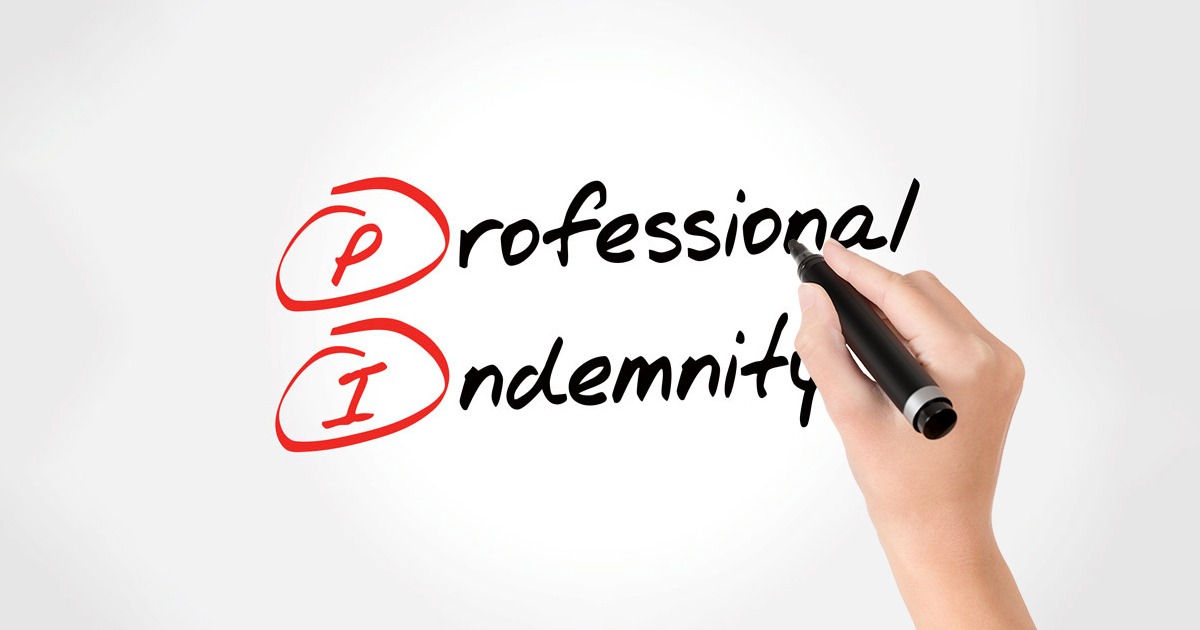Professional Indemnity Insurance Is Essential Coverage For Your Business
Professional indemnity insurance is an important component of business insurance, along with public liability insurance, employers’ liability insurance, and product liability insurance. While these policies protect numerous areas of a business, professional indemnity insurance is very important in certain fields, providing critical protection.

Curious about professional indemnity insurance? You are in the right place. In this tutorial, we’ll look at its meaning and relevance, as well as who should consider it. If you’re concerned about costs, we’ll address them shortly. In addition, we’ll define what this insurance covers and excludes. By the conclusion, you’ll understand why professional indemnity insurance is a common feature in business policies around the world.
Understanding Professional Indemnity Insurance:
Professional indemnity insurance, also known as errors and omissions insurance (E&O) or malpractice insurance, protects businesses and individuals who provide professional services from potential legal costs and claims for damages arising from acts, omissions, or breaches of duty in their operations.
Simply put, this insurance kicks in when a client files a lawsuit against a corporation or someone, citing damages. These can range from incorrect financial advice to medical prescription problems. Each situation has its own intricacies.
What distinguishes this insurance is its framework: it operates on a claims-made basis, with a retroactive date and an extended reporting period. As a result, keeping active coverage is critical. Retroactive dates are critical for ensuring that previous clients retain the ability to bring claims. The extended reporting period, which normally lasts 30-to-60 days after the insurance expires, further protects coverage.
Who Should Get Professional Indemnity Insurance?
Consider the following industries to gain a better understanding of professional indemnity insurance: accounting, legal, financial, architectural, medical, IT, investment, management, real estate, and counseling. Membership in professional service groups or contractual commitments may require this coverage. Both big firms and small businesses stand to benefit. Alternatively, thinking about your services through the eyes of a client might help you identify potential hazards and better protect your organization.
If your occupation does not neatly fit into these categories, you should check with a local insurance agent who specializes in professional indemnity insurance. They can provide specialized insights that are relevant to your business, potentially impacting your bottom line dramatically.
Cost Considerations:
It is difficult to determine specific costs because rates vary according on the type of business, industry, deductible amounts, and a variety of other criteria. In general, lower deductibles lead to higher premiums. Monthly premiums can range from $20 to several hundred dollars, with annual rates for small enterprises between $45 and $500.
Coverage Overview:
Professional indemnity insurance often covers the following:
- Damages and claimant’s costs
- Legal fees include investigations, judicial processes, and public relations.
- Intellectual property infringement
- Negligence, erroneous advice, and oversights
- Defamation, missed deadlines, unfulfilled services.
- Fines and technological data breaches, with associated expenses
Before signing any policy, make sure to review the coverage specifics. The gap between covered and uncovered circumstances could result in considerable legal fees.
Exclusions:
Despite its broad coverage, professional indemnity insurance usually excludes:
- Fraud
- bodily injury or property damage
- Intentional damage
- Data breaches.
- Work-related injuries or illnesses
- Employee stealing.
- Discrimination lawsuits
- Business vehicles
Furthermore, this insurance excludes litigation filed by the insured party, highlighting its defensive nature. Exploring these exclusions with your insurance representative and obtaining clarification on negotiable issues assures complete coverage.
Key Considerations in Choosing a Plan:
When comparing policies, careful consideration of terms and conditions is required. Clear communication with insurers, combined with seeking perspectives from other business owners, aids in making educated decisions.
Closing Thoughts:
Professional indemnity insurance may appear to be optional, but not having it jeopardizes a company’s stability. With potential legal implications from unsatisfied customers, implementing this coverage provides peace of mind, allowing businesses to focus on their main operations.






